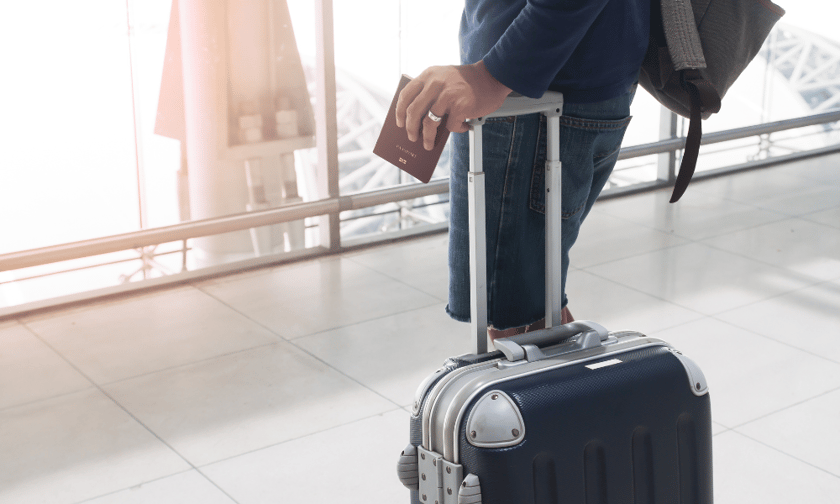

Australians are increasingly relying on consular assistance as international travel returns to pre-pandemic levels, according to the 2023-24 State of Play report from the Department of Foreign Affairs and Trade (DFAT).
Over 15,000 Australians required consular help in the past year, with sharp increases observed in specific areas such as health emergencies, theft, and passport-related incidents.
The report revealed a 23% rise in cases of illness and hospitalisation, a 25% increase in reported thefts, and a 28% jump in lost or stolen passports compared to the previous year.
These figures reflect a broader trend: as overseas travel increases – up 25% in 2023-24 compared to the prior year – requests for consular services have also grown, rising by 7%.
While more Australians are traveling, many remain underprepared for the risks, particularly when it comes to insurance.
Data from the Insurance Council of Australia (ICA) showed that one in six Australians travelled without insurance in 2023, potentially exposing themselves to significant financial liabilities during emergencies.
According to separate research by 1Cover Travel Insurance, younger Australians are leading the charge as international travel rebounds.
The survey of 1,000 respondents found that 49% of those aged 18 to 29 travelled overseas in the past year, compared to 23% of those over 70. However, this age group is also the least likely to purchase travel insurance, with 30% traveling uninsured.
A separate report from CHOICE revealed that 68% of Australians incorrectly assume the government guarantees access to medical care abroad, and 43% believe the government would cover medical costs incurred overseas.
Natalie Ball, chief operating officer at 1Cover Travel Insurance, stressed the importance of correcting these misconceptions.
“It’s alarming that despite the uptick in Australians seeking medical support though consular services, many still believe that the government will foot the bill in an emergency,” she said.
She explained that while consular services offer guidance and support, they do not provide financial aid for medical bills or evacuation costs.
“Aussies need to clearly understand what consular assistance does and doesn’t include. Securing adequate travel insurance is not just about protecting yourself but also safeguarding your loved ones from emotional and financial strain when you’re travelling overseas,” Ball said.
The DFAT report also noted an increase in theft and passport issues. Incidents of theft grew by 26%, while reports of lost or stolen passports climbed by 28%.
Comprehensive travel insurance policies often cover these events, provided travellers take reasonable precautions, Ball emphasised.
“A comprehensive policy would almost certainly cover you for theft of your belongings and any important travel documents such as your passport provided you were taking reasonable steps to prevent these events from occurring,” she said.
Ball also addressed confusion surrounding travel insurance claims, particularly in cases of missed flights caused by personal delays or documentation issues.
“At 1Cover, we’re noticing a growing trend in people expecting either the government or their travel insurer to cover their missed flights. Most travel insurance policies do not include coverage cover for missed flights caused by personal delays, security delays, and/or problems with visas and passports,” she said.
Travellers should ensure their visas and passports are valid well in advance of their departure and allow extra time for delays, particularly during busy travel periods, Ball advised.
